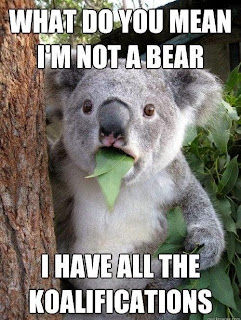Objectives:
I can understand the background and history of a text.
I can analyze a theme's development over the course of a text through character, setting, and plot.
Hello my wonderful seniors! I miss you guys today! I am trusting you to be self-directed, so please make efficient use of your time. We don't have a moment to waste, so try your best to work through Stranger in the Village on your own!
1. Reread Chunk 5, which we read together. This section is significant because it begins a shift in Baldwin's emotional reaction to is treatment as a "stranger." The topic sentence of paragraph 11 begins the shift to his major argument about the black man and the American experience.
Answer the following questions in your Double-Entry Journal:
1a. Craft: What is the effect of the syntactical structure of the last sentence in paragraph 9?
1b. Think about the sentence in paragraph 12: "...the root function of language is to control the universe by describing it." Make a text-to-self connection with this quote, and mark it in your Double-Entry Journal.
i. If you are struggling with what this means, consider that words have power, and the way we talk affects the way we view the world.
ii. Consider the effect of code-switching...why do we use different language in different situations and contexts? What happens when we fail to code-switch effectively?
1c. Remember the example from Friday about Luis Rodriguez's book Always Running (white teacher's slur toward Chicana student). Consider the last sentence in paragraph 12: "What one's imagination makes of other people is dictated, of course, by the laws of one's own personality and it is one of the ironies of black-white relations that, by means of what the white man imagines the black man to be, the black man is enabled to know who the white man is."
2. Read Chunk 6 (paragraphs 14-15), and answer the following questions [both aloud with your peers, and in your Double-Entry Journals]:
2a. Content: Discuss the new description of the village in which Baldwin is a stranger. Find a quote that exemplifies the shift in tone.
2b. Style: How does Baldwin's diction advance his tone and/or theme? Quote from the text to support your claim.
2c. Craft: Why is Baldwin's thesis presented in three sentences (paragraph 14)? What effect does the syntax of this paragraph have on the reader? Be prepared to share out your thoughts on this paragraph, as we will discuss this aloud together.
Reminders:
- Benchmark tomorrow! Be well rested, and Ms. G will bring treats! I believe in you, and I'm proud of you!
- Whatever you haven't finished in class today will be homework. My expectation is that you have read and annotated through paragraph 15, by class on Wednesday.
- Come to my SAT prep club tomorrow after school!
- Friday is a minimum day, and you should come to my College Essay Writing Boot Camp afterschool!































